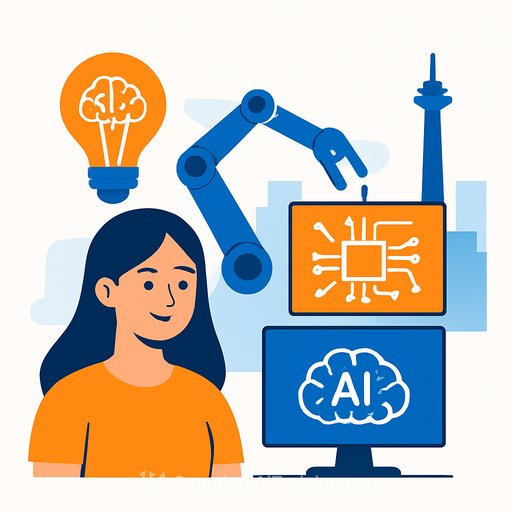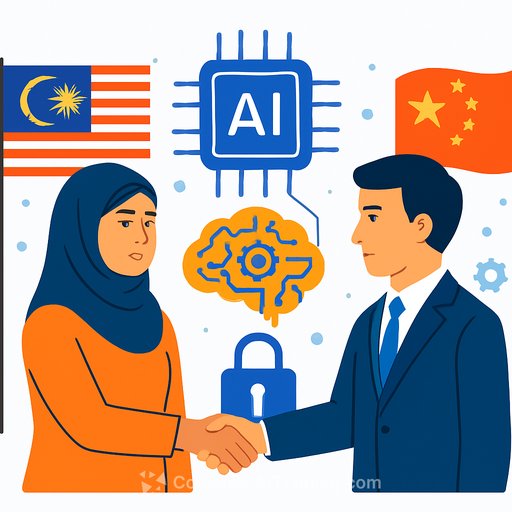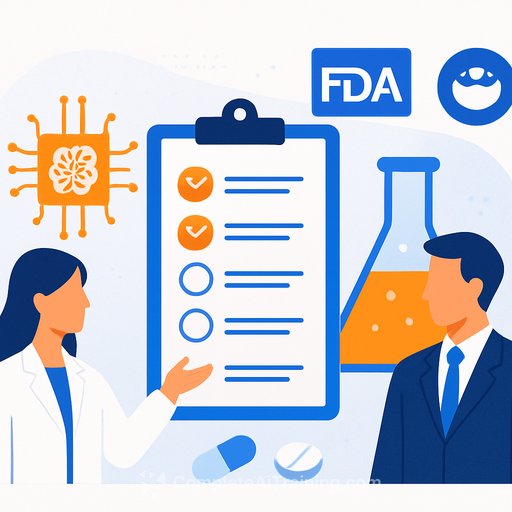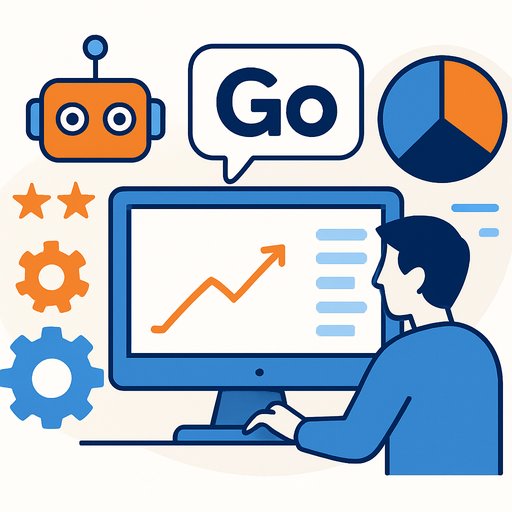Indonesia's AI Momentum: 2,800 Startups, UNESCO Readiness, and New Rules on the Way
Indonesia is leaning hard into AI. The government reports around 2,800 startups building AI solutions, with strong interest from younger builders pushing much of the growth.
The country also completed UNESCO's AI Readiness Assessment Methodology (RAM) within four months-the first in Southeast Asia to do it-signaling that policy, infrastructure, and institutions are getting aligned for scale. For teams operating in Indonesia, the window to move early is wide open.
Policy status: what dev teams should know
The government is drafting a Presidential Regulation to adopt the National AI Roadmap and an AI Ethics Presidential Regulation. Expect guidelines around data governance, model accountability, safety, and transparency to set the baseline for public and private deployments.
A core principle being pushed is sustainability-AI should account for impact on people, the environment, and all living creatures. Plan for energy-aware architectures, efficient inference, and lifecycle reporting to be part of enterprise requirements.
- Reference: UNESCO on AI
- Ethics context: UNESCO's AI Ethics
Five priority sectors = clear build lanes
- Healthcare: Clinical triage, imaging assist, drug supply forecasting, and FHIR-compliant data pipes. Focus on privacy, auditability, and clinician-in-the-loop design.
- Digital talent education: AI tutors, code co-pilots, assessment engines, and lab environments. Align with competency frameworks and offline-first delivery for wider access.
- Bureaucratic reform: Document understanding, workflow automation, and citizen support chat-secure by default, with strong logging and redaction.
- Smart cities: Multimodal sensing, traffic optimization, waste management, and open data APIs. Prioritize interoperable standards and edge inference.
- Food security: Yield prediction, supply chain traceability, and aquaculture monitoring. Models should handle low-connectivity environments and noisy data.
Grassroots adoption is already happening
AI isn't just an enterprise story. Communities are using it for tasks like fish farming-think water quality prediction, feed optimization, or anomaly alerts from sensor data.
If you build here, keep it simple: rugged hardware, offline modes, SMS/WhatsApp interfaces, and explainable outputs. Reliability beats novelty.
Practical next steps for engineering leaders
- Compliance by construction: Add data lineage, consent tracking, and model cards. Prepare for standards tied to the upcoming roadmap and ethics rules.
- Measure efficiency: Track token/use-per-watt, latency, and cost per decision. Prefer quantization, distillation, and caching for production.
- Evaluate like you mean it: Domain-specific eval sets, bias checks, and red-team routines. Automate regression tests for prompt and model drift.
- Edge + cloud mix: Push inference to the edge for smart city and agriculture; reserve cloud for training and heavier orchestration.
- Public sector pilots: Co-develop with ministries and city governments. Start with narrow scopes and clear KPIs; publish learnings.
Talent and upskilling
With policy momentum and sector focus, the teams that win will combine strong engineering with domain depth. Upskilling across data engineering, MLOps, and evaluation will pay off quickly.
If you're building a learning path for your team, see curated options by role and skill to speed selection and deployment:
Why this moment matters
Policy is catching up, infrastructure is improving, and there's real demand across public services and industry. For IT and development teams, this is a build-first moment with clear guardrails forming.
Start with one priority sector, ship a narrow product, and prove value with measurable outcomes. Momentum compounds fast when you keep scope tight and feedback loops short.
Your membership also unlocks:






